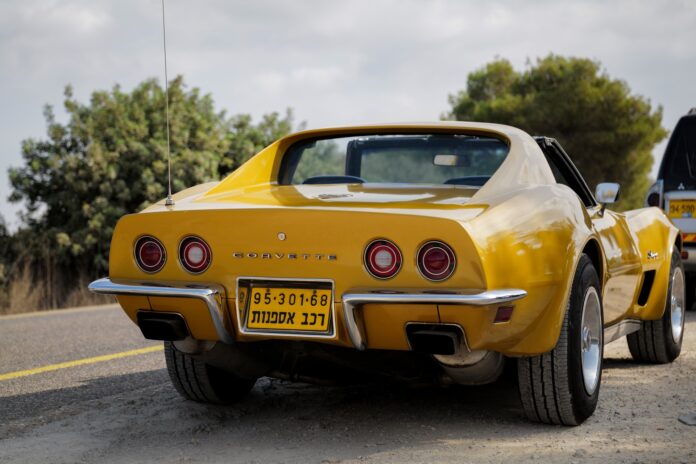
Admiring the beauty and craftsmanship of other peoples’ classic cars is one thing, but once you elevate your hobby to owning one yourself, you are going to need to know how to maintain it inside and out. Luckily you do not have to be at a professional level in order to keep up with the needs of your hobby, the internet is filled with how-to guides that can teach you everything from how to give your car the best wash, all the way to how to change the battery.
But before all that, you need to do your research and investigate which car suits your hobby aesthetic best, and the smartest way to go about purchasing the car. Researching classic cars is quite simple thanks to the internet and sites like TireKickers.com, and the process of educating yourself on what’s out there so you can make an informed decision as a buyer is another great way to gather tips and tricks you will need once you’ve got the keys in your hand.
Narrow Down Your Options
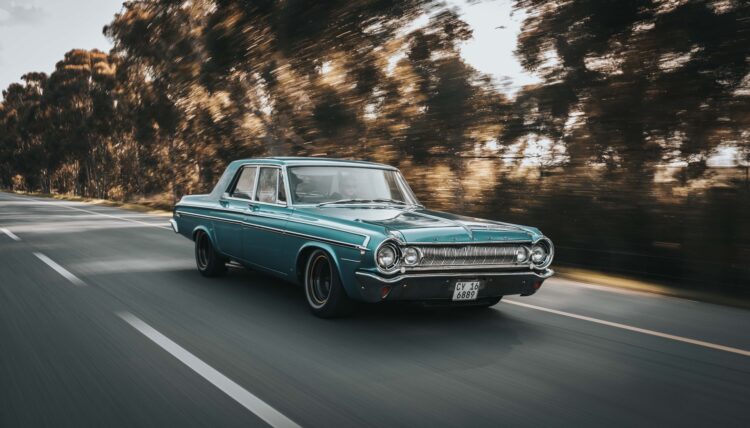
The term classic cars are so broad, and yes you can love many, but deciding which one is coming home with you is arguably more specific. Make a list of your top must have’s regarding style, age, drivability, etc., and search within those limits to weed out what simply does not fit. There are many car buying resources available to potential buyers so take advantage and compare approaches. You can also visit blogs to enjoy the eye candy that you love to love but know is not a reality for you regarding purchasing. This is a significant investment of your time and money, so putting in the effort during the beginning stages is going to increase your payoff overall.
Where to Buy
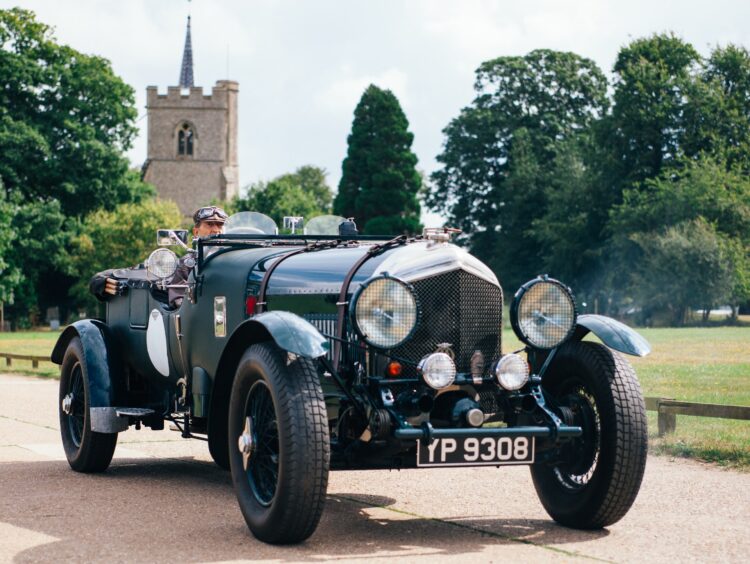
Dealerships, private sellers, and auctions are the top venues for purchasing classic cars, so it is essential to understand the differences between them. Auctions, specifically live ones, present a great opportunity to catch a deal. If the bidding is light and you are prepared, then you can scoop up your dream classic car easily. On the contrary, if you attend a heavily populated auction, and other buyers are gunning for the same car as you, you run the risk of walking away empty-handed, or overpaying. Dealerships can be a much more step by step approach which can be good if you are a first-time buyer, you will not be forced into a timeline. You will be given more information about the history of the car, and likely also be able to drive it prior to purchase, which is a huge perk you will not get from an auction.
Private sellers are out there but require more research on your end and the inventory will be substantially lower. Purchasing through an individual also leaves you in charge of all the details post-purchase such as any transport needed and paperwork. It is important to understand that convenience will affect your purchase price one way or the other. Use every car buying resource available to you on the front end so that you do not miss out or impulsively purchase something because you did not have the facts straight prior to.
Get Personal with Your Car
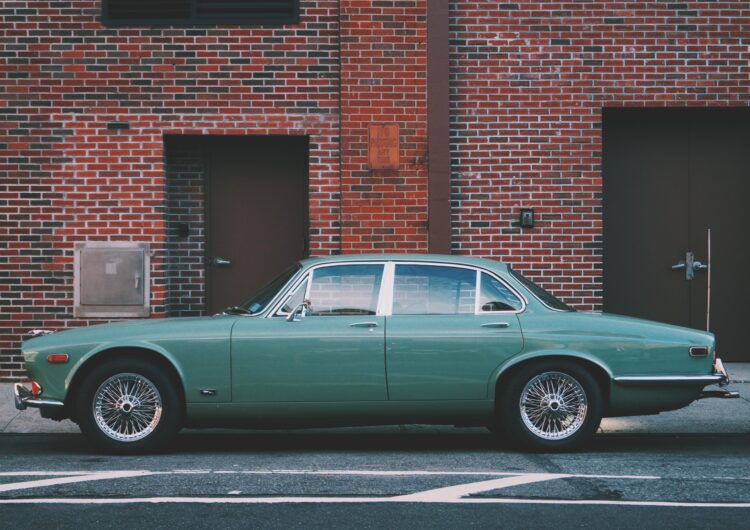
You can read every article out there about the classic car you bought, but nothing compares to hands-on learning. After you bring your baby home, now you get to put in the quality time necessary to understand the functions, quirks, and maintenance needs of your specific car. There is a library of how-to guides that will educate you on keeping what is under the hood running as well as how to keep the interior and exterior looking brand new. They also give you insider intel and access to products that veteran car enthusiasts use and recommend so you can have some faith in what you are using on your vehicle from people who have done the trial and error for you.
Classic cars come with the caveat of classic parts, which means that when it comes time to repair and refurbish, that instantaneous fix that you are used to with your modern car might not happen. It might be a good idea to familiarize yourself with a mechanic and specializes in the classics, even if you have a high-level aptitude yourself, having an industry connection can really help you out with access to certain parts, and possibly even discounts on the costs associated.
Determine Your Goals
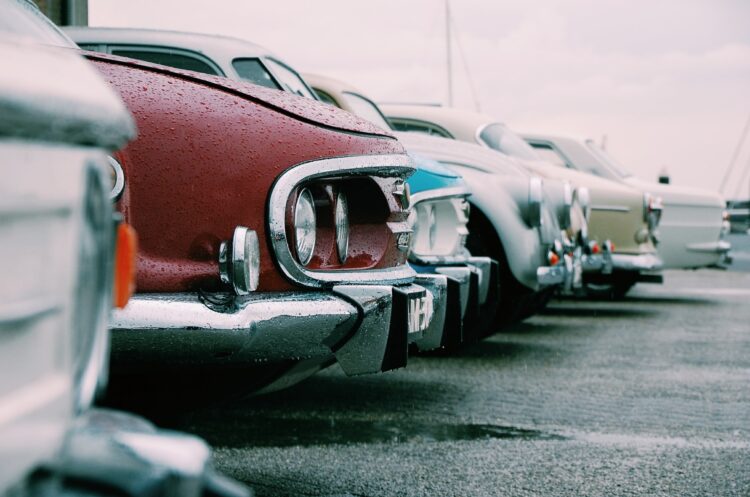
Getting into the classic car arena can take on many faces, so think about how you imagine this new hobby to look. Some collectors buy with the sole intention of rebuilding and reselling for a profit. If this is something that seems attractive to you, then that will impact what type of vehicle you buy in the first place. You must also consider how much you are willing to financially commit to this project considering what you can do yourself and what you will need to outsource to a mechanic.
If you have baseline knowledge check out some online how-to guides and read through them to see if you have the ambition to tackle some of the smaller maintenance items. Regardless if you plan to sell or not, doing some work yourself will feed your passion for the hobby and save you cash. If you know for a fact that this vehicle will be forever yours and you want to enjoy owning and driving it yourself, refocus your energy towards the preservation and cost-effective strategies to enjoy your hobby without breaking the bank.
Enjoy it
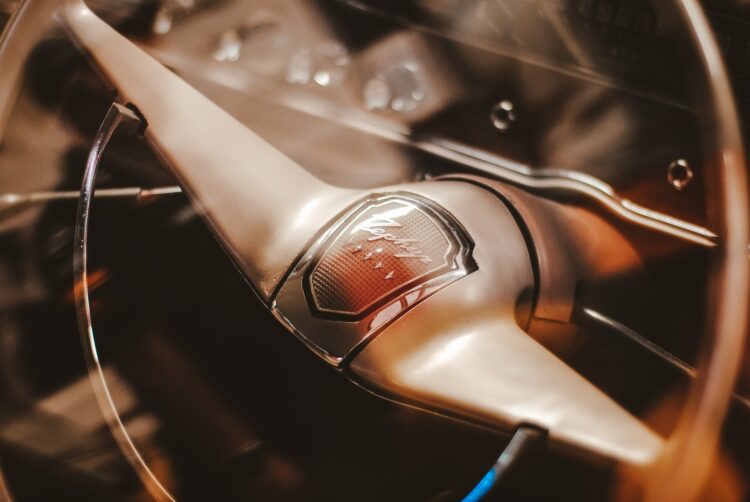
At the end of the day, this is meant to be an activity that brings you joy and relieves stress from the outside demands on your life and time. Researching classic cars will never go out of style, so you have endless time to dedicate to not only the physical vehicle that you possess but also browsing online forums to get involved with a virtual community of like-minded enthusiasts. Being able to swap stories, tips, and tricks of the trade give you access to cars that you might never be able to experience on your own as an independent hobbyist.











